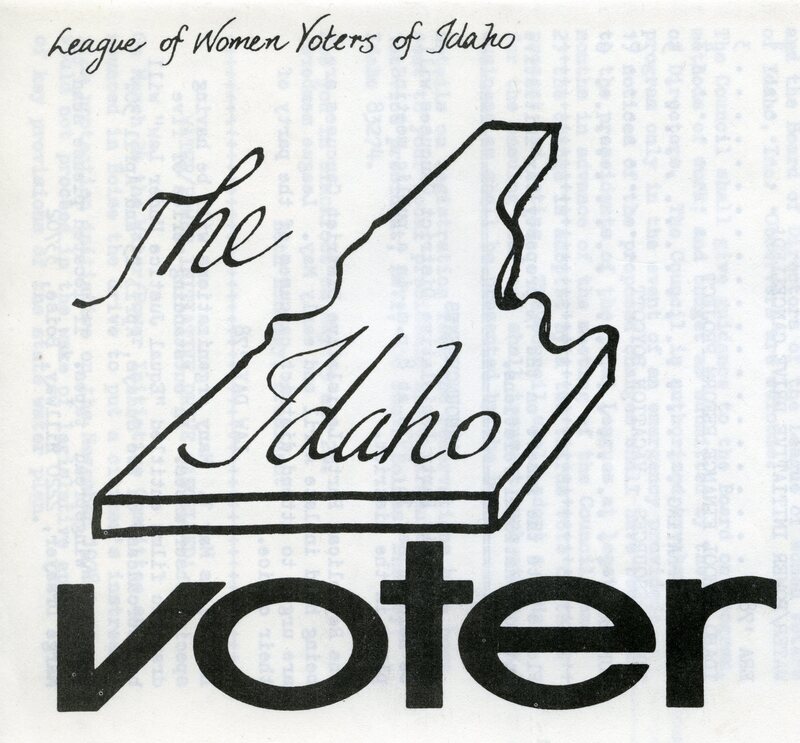This week’s edition of Diverse Collections features our collection of Lillie Mae Hermann Papers.
Lillie Mae (Aherin) Hermann was born on a Genesee, Idaho farm on December 7, 1929 to Clarence and Ruby Aherin. She received her early education in the public schools of Genesee. After graduating from high school in 1947 she worked in California for a year. She married Genesee farmer J.P. (Phil) Hermann in San Francisco on June 9, 1948, and they returned to Idaho to a farm southeast of Genesee. The Hermanns had four children, 2 daughters and 2 sons. After raising her family, Lillie continued her education, taking courses at Lewis and Clark College and also at the University of Idaho where she was working on an interdisciplinary degree, her major areas being political science, sociology, and food and nutrition.
Mrs. Hermann was a well-known leader in the Genesee Community Church and also in community affairs. She was primarily concerned with rural women and the ability of widows to manage farm affairs. She organized and was the first president of Idaho Women for Agriculture. She also helped to organize the Rural Women’s History Project which was undertaken by the University of Idaho Women’s Center in 1974. She was on the Nez Perce County Planning and Zoning Commission and was a member of the Lewiston League of Women Voters. She participated in a governor’s advisory group on rural affairs and was involved with the Community Action Program in Lewiston.
The material in this collection consists of three file boxes of material collected by Lillie Hermann in connection with her various interests. Most material is in published form, newspaper or magazine articles, journals, reports and pamphlets. The most interesting section deals with the University of Idaho Women’s Center Rural Feminism Project, the tapes and transcripts of which are currently housed in the University of Idaho Special Collections Library.
Sources
MG 106, box 2, folder 16


